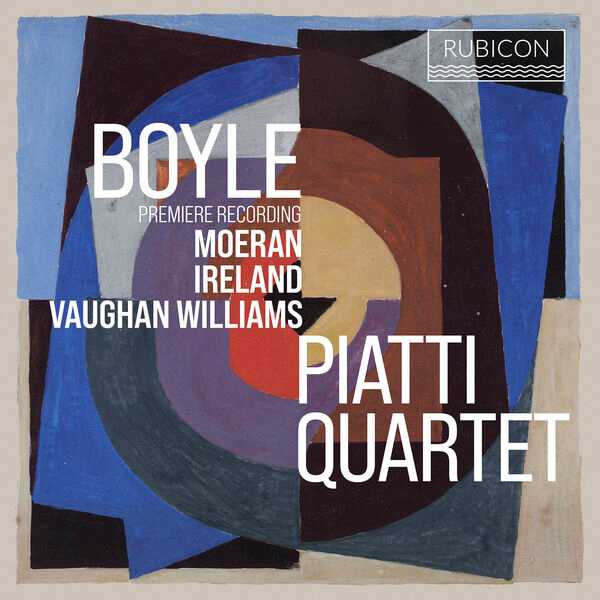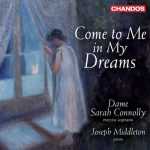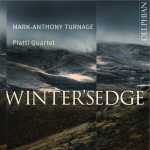

Composer: Ina Boyle, John Ireland, Ernest John Moeran, Ralph Vaughan Williams
Performer: Piatti Quartet
Format: FLAC (tracks)
Label: Rubicon
Catalogue: RCD1098
Release: 2023
Size: 1.03 GB
Recovery: +3%
Scan: cover
Vaughan Williams: Household Music
01. I. Crug-Y-Bar (Fantasia)
02. II. St Denio (Scherzo)
03. III. Aberystwyth (Variations)
Boyle: String Quartet in E minor
04. I. Allegro moderato
05. II. Adagio
06. III. Allegro molto
07. Ireland: The Holy Boy
Moeran: String Quartet No. 2 in E flat major
08. I. Allegro moderato ma ben animato
09. II. Lento
Until recently, Rubicon were unaware of the rich output of Irish composer Ina Boyle, who was never quite forgotten because she was the only woman composer to be published in the Carnegie Collection of British music with her atmospheric orchestral rhapsody, The Magic Harp of 1919.
Boyle spent her life living at the substantial family home at Bushey Park, near Enniskerry, Co Wicklow, and she only left it for brief visits to London, including lessons with Vaughan Williams.
At the end of the First World War, she produced a brief choral elegy, Soldiers at Peace, which was widely sung at the time although rejected by the Carnegie Committee (revived in Hampstead in 2018).
The Magic Harp dates from 1919, and a programmatic symphony, In the Wicklow Hills, the mid-1920s. During the 1930s she produced a notable violin concerto (in memory of her mother), a Second Symphony, an Overture for orchestra and several stage works including the ballet Virgilian Suite, The Dance of Death (a masque for dancing after Holbein) and the mimed drama, The Vision of Er. A third symphony followed, setting Edith Sitwell for contralto and orchestra.
In 1934 she completed her String Quartet in E minor. Boyle’s Quartet is in three movements and has a distinctive slightly Spartan character. This is the world premiere commercial release of this work.
E.J. Moeran’s E flat quartet was found among his papers after his premature death. It was thought that the work was an early composition, but this is not borne out by the music, and it is now thought that the sectional second movement dates from the post war 1940s as there is a distinct feeling of the folk songs he collected in County Kerry and published in 1948.
A fascinating recital from the Piatti Quartet is completed with the Welsh Hymn Tunes arrangements by Vaughan Williams, and John Ireland’s The Holy Boy in his arrangement.



